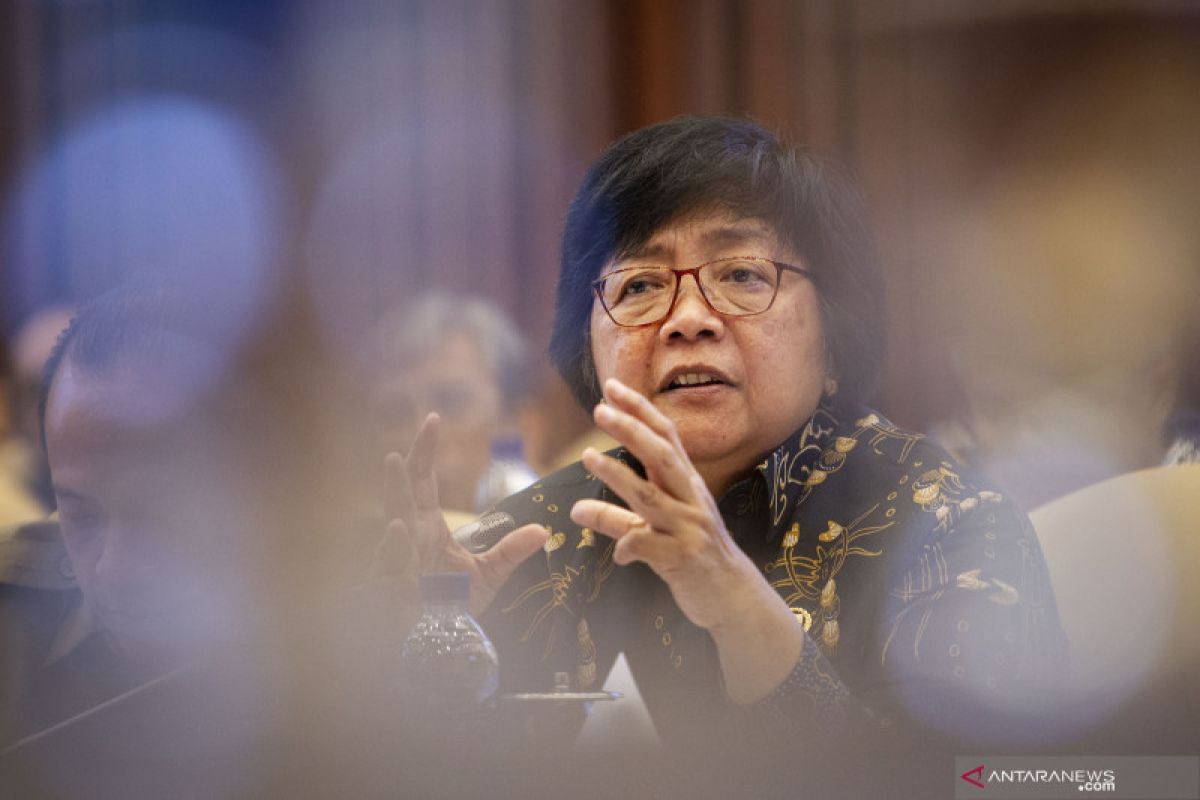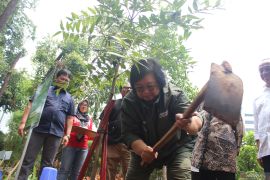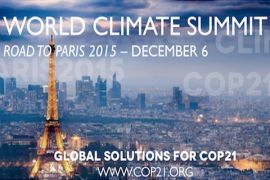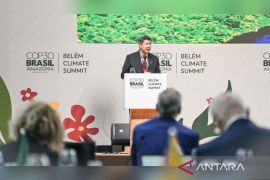"Through the commemoration of World Environment Day 2023, I call on all stakeholders to jointly find and fight for solutions to plastic pollution," she noted in a statement in Jakarta on Monday.
World Environment Day is celebrated on June 5 every year. The United Nations General Assembly determined this agenda at the Stockholm Conference in Sweden in 1972.
The conference laid the foundations for global governance on environmental protection and the development of a harmonious relationship between humans and nature.
The United Nations Environment Programme (UNEP) has announced Ivory Coast as the host country for the 2023 World Environment Day. The theme will focus on solutions to plastic pollution under the campaign #BeatPlasticPollution.
Minister Bakar emphasized that plastic pollution is a real threat that affects communities worldwide.
The UNEP projects that 29 million tons of plastic will enter the aquatic ecosystem by 2040.
Bakar further noted that a historic resolution was adopted at the fifth session of the United Nations Environment Assembly (UNEA-5.2) in Nairobi, Kenya, on March 2, 2022.
At that time, 175 representatives from countries around the world expressed their support for an international agreement to end plastic pollution.
The adopted resolution is known as the "plastic pollution resolution" and specifically addresses tackling plastic pollution from its source to its end in the sea.
The formulation of a draft for a legally binding global agreement is projected to be completed by the end of 2024.
This binding agreement is expected to encompass a variety of alternative solutions to address the issue of plastic throughout its lifecycle.
These alternative solutions range from designing products and materials that can be recycled and reused to encouraging international collaboration to facilitate equitable access to technology, increasing human resource capacity, and fostering technical and scientific cooperation.
"This plastic resolution is a significant step in the world's efforts to fight plastic pollution, highlighting the growing concern about the role of plastic in three crises—climate change, biodiversity loss, and pollution—that impact our planet," Bakar affirmed.
Currently, most of the plastic waste ending up in oceans originates from land-based sources, which require comprehensive waste management processes and effective implementation within a legal and institutional framework. This includes monitoring the lifecycle of plastic products.
These arrangements encompass more specific measures to address production, transportation, consumption, trade, and proper end-of-life treatment, as well as additive properties.
Related news: Indonesia prevents 200,000 tons of plastic waste from entering sea
Related news: Recycling prevents physical impairment in future generations: minister
Translator: Sugiharto Purnama, Cindy Frishanti Octavia
Editor: Anton Santoso
Copyright © ANTARA 2023










